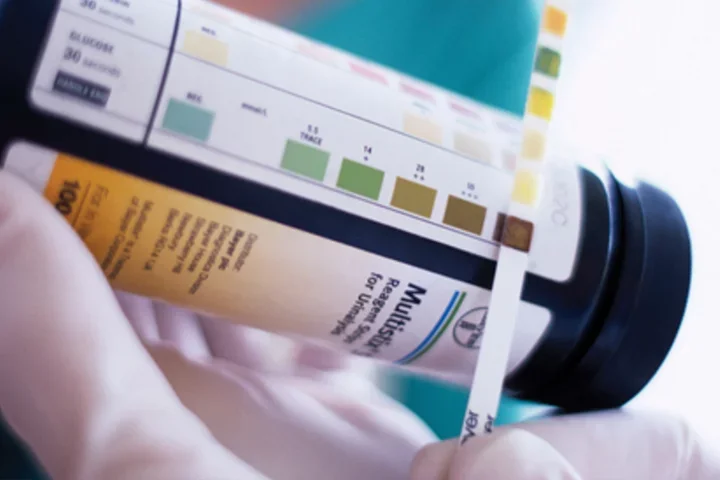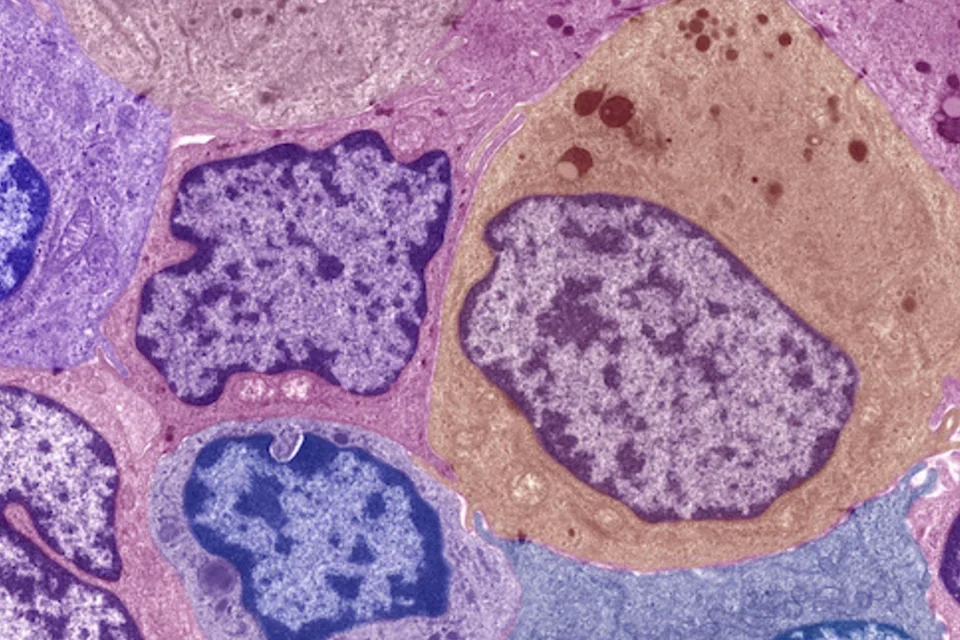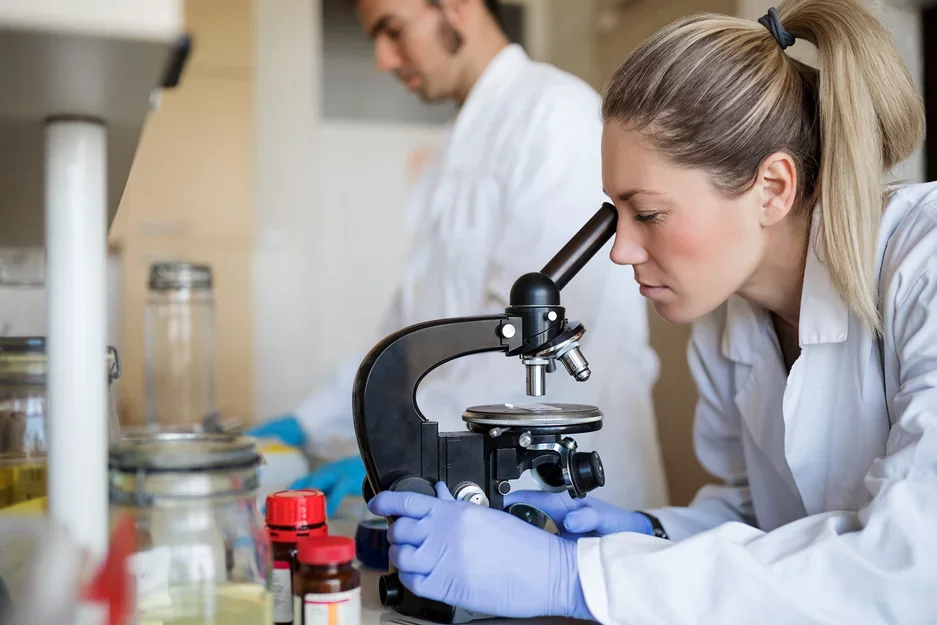Cancer Metabolism
Cancer and Metabolism
And the ways cancer metabolizes nutrients
At UCLA, with our strong focus on both metabolism and cancer, researchers are solving the mechanisms by which cancer tweaks cell metabolism. They are studying how metabolism works inside the cell’s powerhouses (the mitochondria) and throughout the rest of the cell.
Our scientists take macro and micro approaches. They study whole pathway activation and the ways cancer metabolizes each type of nutrient.
Understanding the Warburg Effect
The first biochemical observation made about cancer – the so-called Warburg effect, discovered in the 1920s by German scientist Otto Warburg – describes the insatiable need tumors have for glucose (blood sugar).
Because tumors have a sweet tooth, modern cancer diagnosis uses positron emission tomography (PET) scanning. PET scans work this way:
- Doctors inject patients with a sugary radioactive tracer.
- Tumors selectively gobble up this tracer.
- The PET scan can “see” where cancer is active and has spread.
The Warburg effect fell out of favor when molecular biologists started finding mutated genes in cancer cells, and genetics revolutionized cancer research.
Today’s researchers know that some principles of the original Warburg theory are incorrect, such as that the “effect” primarily occurs in an oxygen-depleted environment. Investigators are using sophisticated new tools and today’s advanced knowledge to understand what still stands up. Learn more about cancer and glucose metabolism.
A Revolution in understanding cancer metabolism
Over the last few years, a growing understanding of the metabolism of cancer – how it uses glucose and other nutrients to grow and produce building blocks that offspring tumor cells need – is producing its own revolution
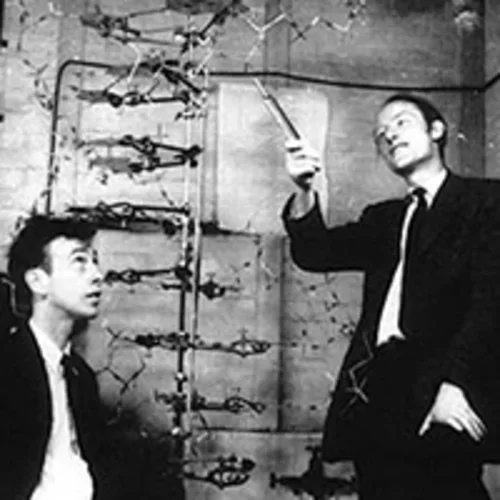
While cancers have many different oncogenes and tumor suppressor mutations, they all result in a change in metabolism. Even James Watson, PhD, a co-discoverer of the structure of DNA in 1953 and thus a founder of molecular biology, now recognizes that one of the values of the genomic revolution is that it will help scientists understand metabolism and treat metabolic abnormalities.
In a 2016 New York Times interview, Watson said that if he were to go into cancer research today, he would study biochemistry. “I never thought, until about two months ago, I’d ever have to learn the Krebs cycle,” he told the Times. “Now I realize I have to.”
The Krebs cycle describes how a cell metabolizes sugars, fats, carbohydrates and proteins to produce energy and life – as well as sustain cancer.
Metabolic treatments aimed at halting cancer growth are already in clinical study, including in trials at UCLA. Further studies elsewhere are testing agents designed by UCLA investigators. Find out more about metabolism and biochemical signaling.
Cancer Metabolism In the News
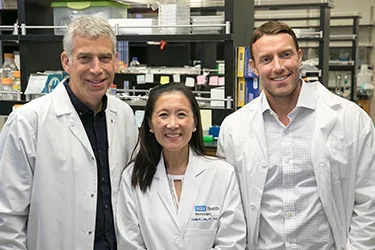
Thomas Graeber, Dr. Linda Liau and David Nathanson each bring different expertise to the UCLA team studying deadly glioblastomas.
When a neurosurgeon looks at a glioblastoma, an aggressive form of brain cancer, she sees a dark mass bullying its way through the brain. When an oncologist talks to a patient with glioblastoma, he tempers expectations, talking in months rather than years. When a molecular biologist thinks about glioblastoma, she thinks about the tumor’s sweet tooth — the sugar it consumes to fuel its frenetic growth. And when you put all these people together — you get a plan to fight cancer.
Armed with new research tools and a grant from the David Geffen School of Medicine’s new Seed Grant Program, a team of UCLA researchers, including neurosurgeons, neuro-oncologists, molecular biologists, and pharmacologists, is now studying how the metabolism traits of glioblastomas may represent a weak spot in the cancer. These grants, which are in their first year, give interdisciplinary groups of UCLA researchers funding to pursue new projects.
